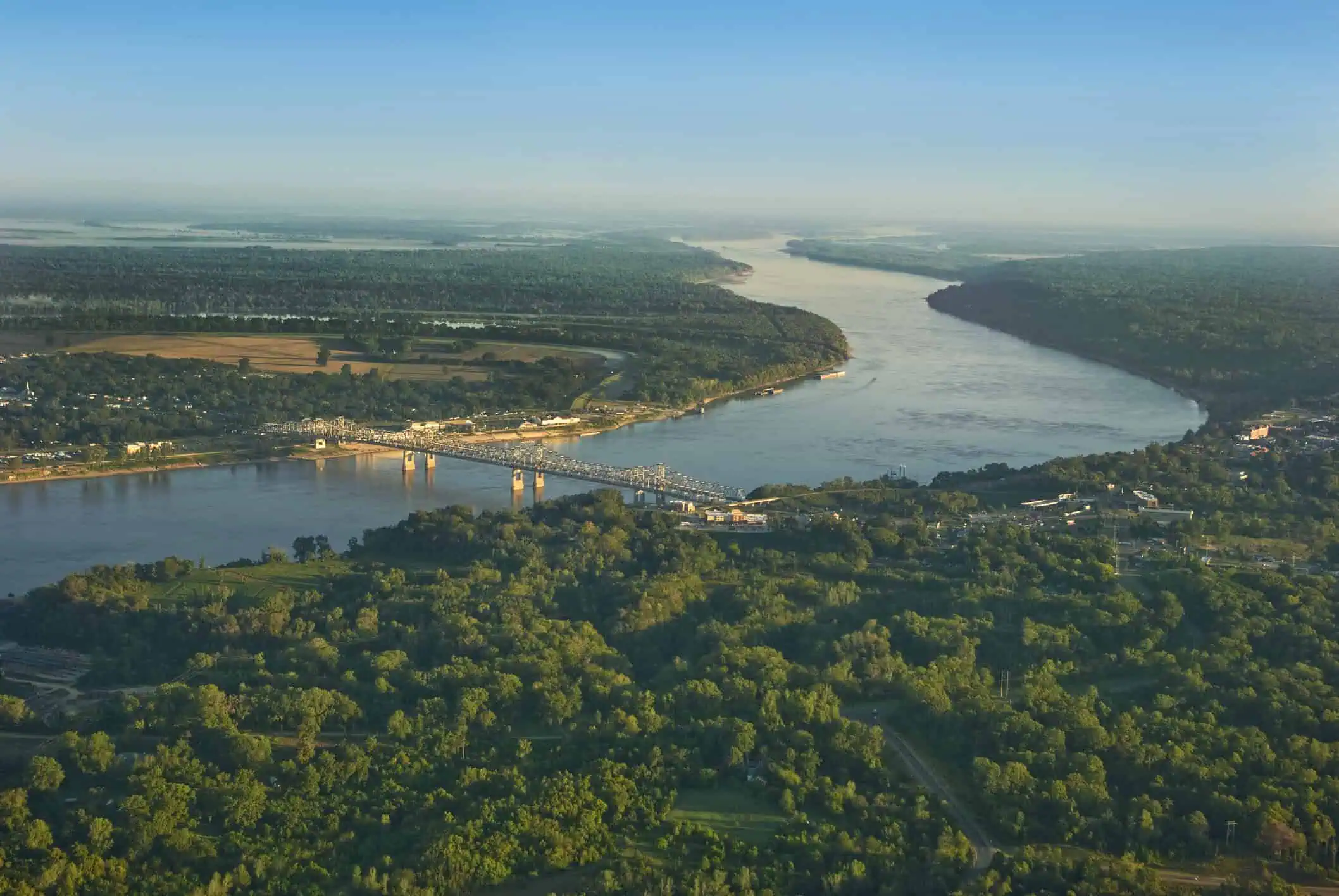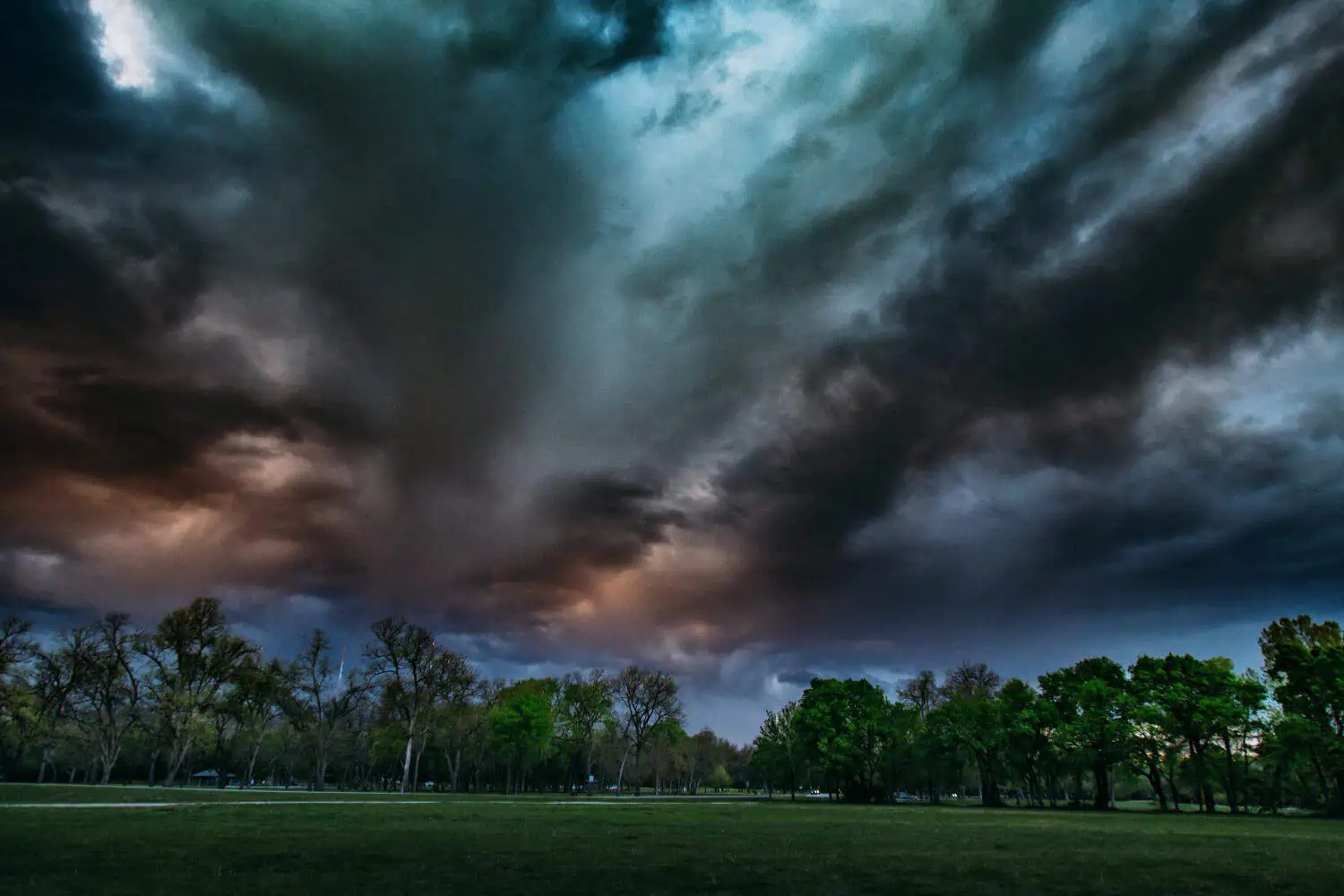Mississippi may not immediately come to mind when thinking of temperature extremes, but its climate history tells a different story. The state has witnessed scorching heat, bitter cold, and intense precipitation events that remain among the most remarkable in the United States.
Hottest day ever in Mississippi
On July 29, 1930, the town of Holly Springs, located in the northern part of Mississippi, reached a sweltering 115°F (46.1°C). This remains the highest temperature ever officially recorded in the state. The heat wave that summer hit much of the Southeast, and Holly Springs—a town just south of the Tennessee border—became an unexpected hotspot in more ways than one.
Coldest temperature in state history
At the other end of the thermometer, Corinth, another town in northern Mississippi, set the state’s all-time coldest temperature on January 30, 1966, when the mercury plummeted to a frigid -19°F (-28.3°C). This kind of deep freeze is rare for Mississippi, and that particular winter remains etched in the region’s meteorological memory.
Extreme rainfall and snowfall events
Columbus, located in eastern Mississippi, holds the state record for the most precipitation in a 24-hour period. On July 9, 1968, 15.68 inches (398.3 mm) of rain fell in a single day, likely the result of tropical moisture linked to a summer storm system.
Snowfall isn’t common in most of Mississippi, but on December 23, 1963, Mount Pleasant, a small town in the north, recorded 18.0 inches (45.7 cm) of snow in just 24 hours. That remains the heaviest single-day snowfall ever documented in the state, an extraordinary amount by Southern standards.
National context for Mississippi’s records
While Mississippi’s highs and lows are significant, they’re still far from the most extreme in the country. California’s Death Valley holds the world record with a scorching 134°F (56.7°C) recorded in July 1913, and again reached 130°F (54.4°C) as recently as July 9, 2021. On the opposite extreme, Alaska experienced an unimaginable -80°F (-62.2°C) at Prospect Creek Camp on January 23, 1971.
Compared to these national benchmarks, Mississippi might seem moderate, but its climatic history proves that extreme weather can strike even in places not known for their temperature drama.











